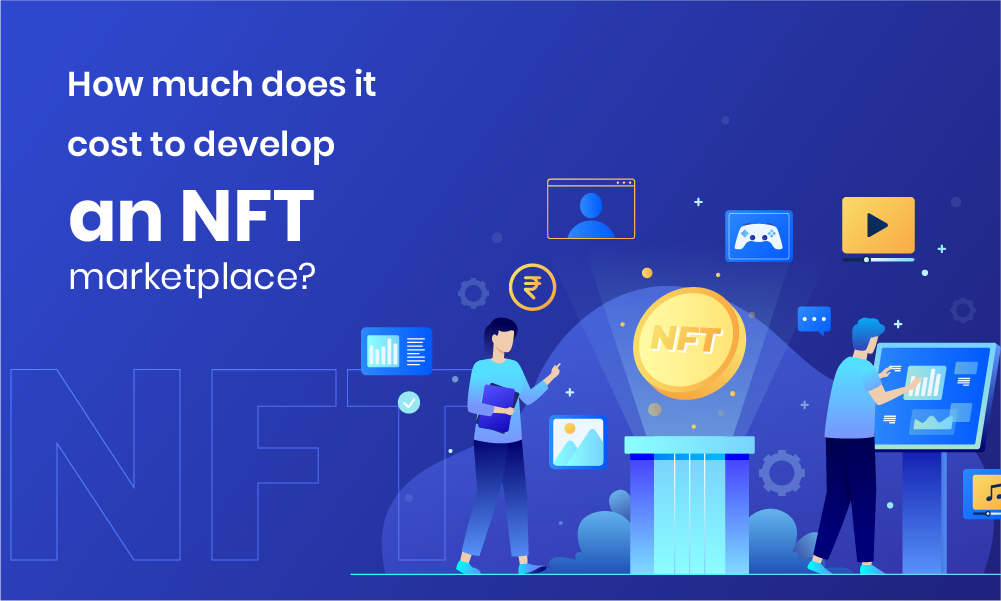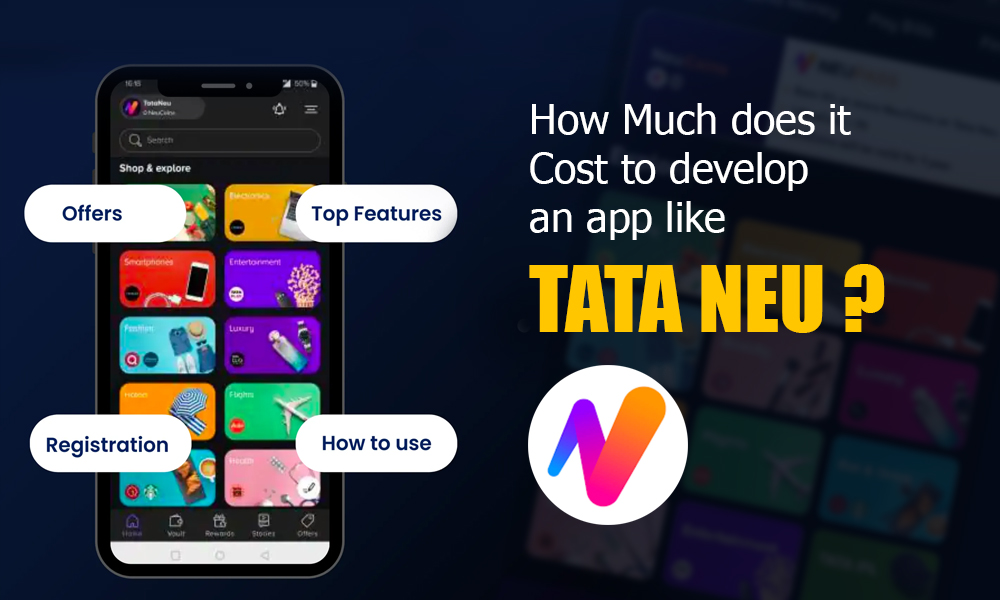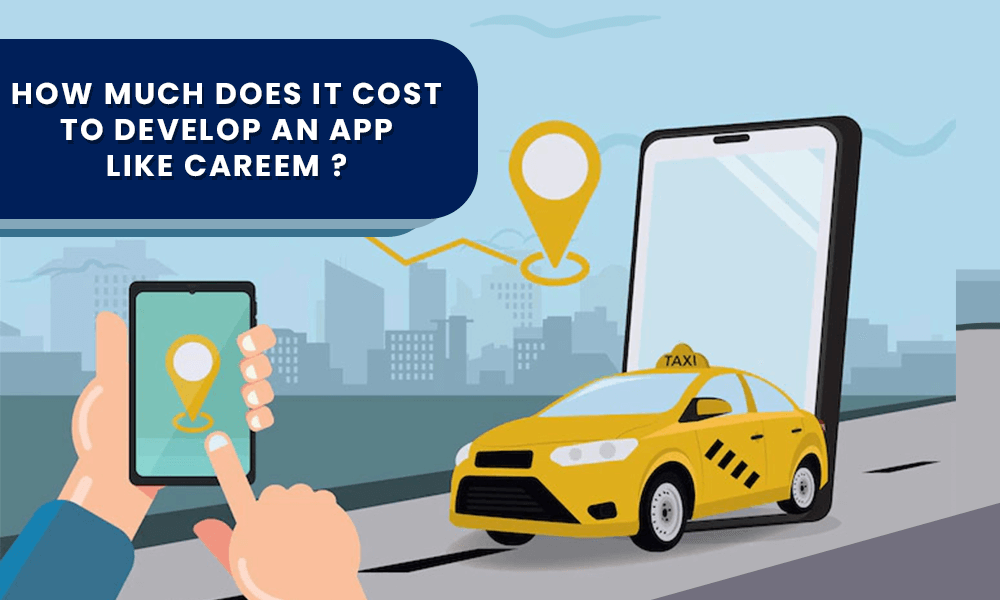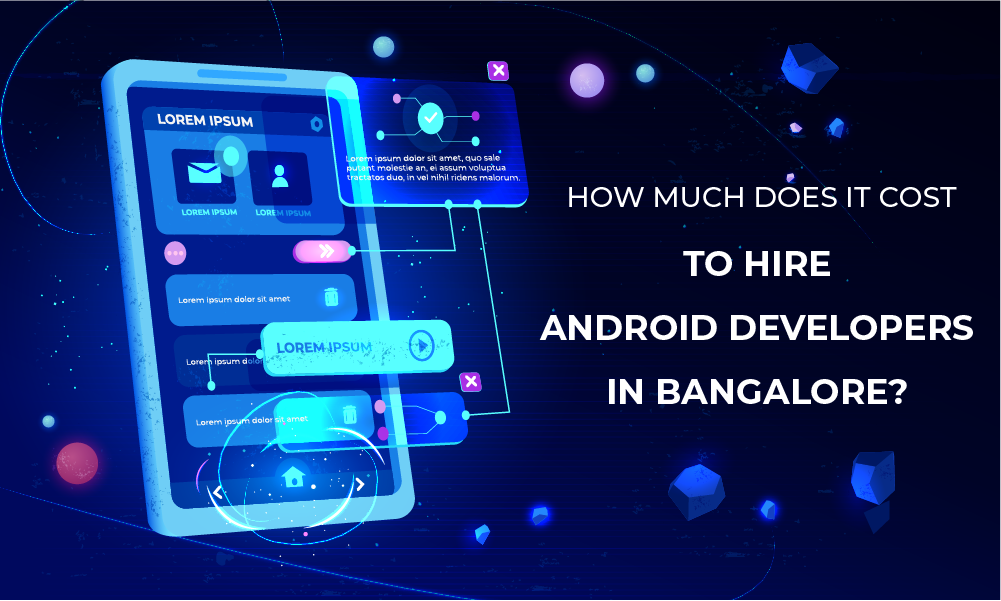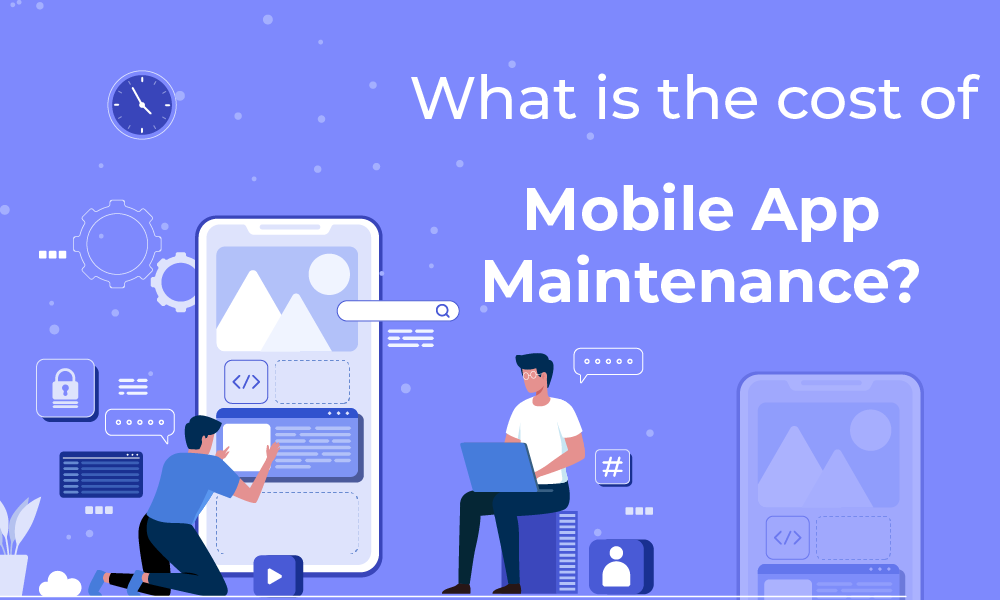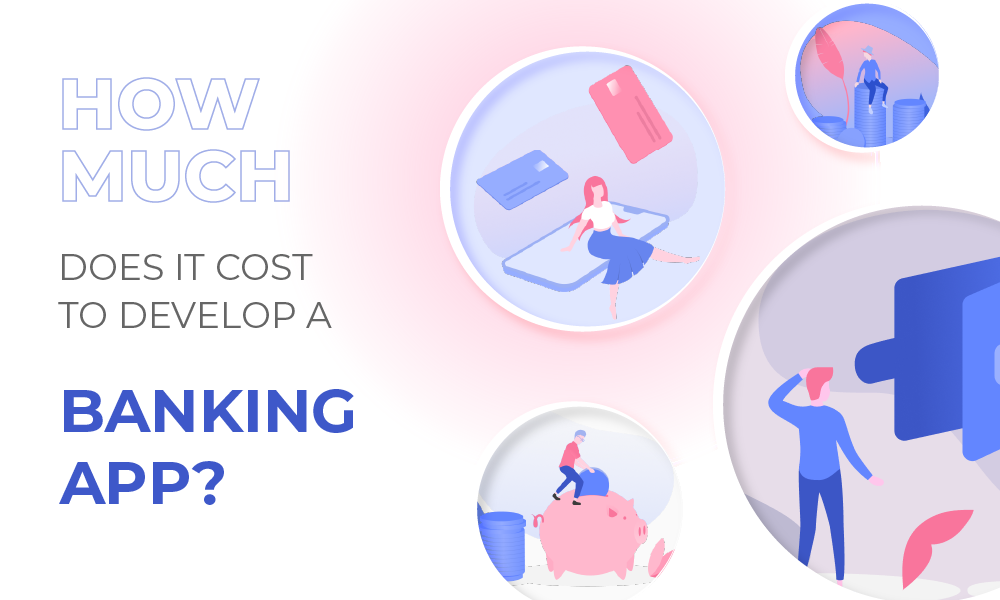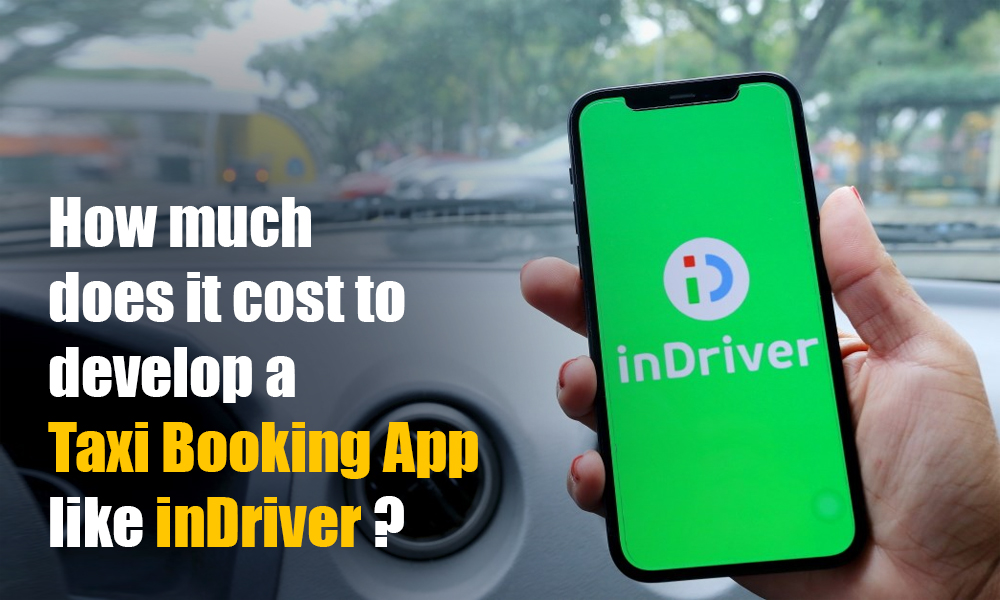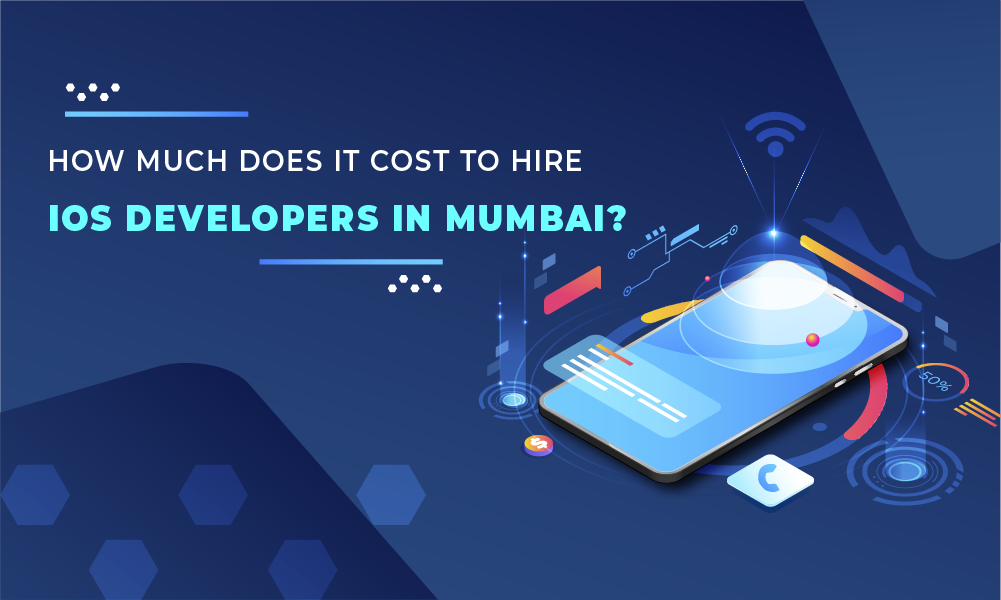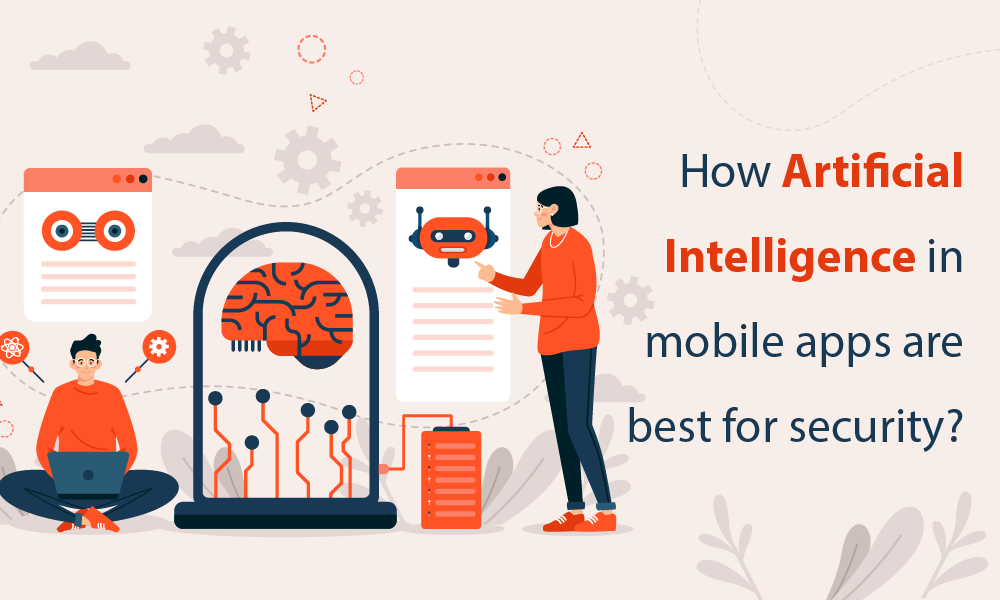How Artificial Intelligence in Mobile App are best for Security?
Table of Contents
ToggleLet us know why Artificial intelligence in mobile app is a must-have feature for clients & business protection
Fraud may have disastrous consequences for both persons and businesses. Companies’ reputations can be irreversibly damaged, forcing them to close, while individuals can incur huge personal losses. ID scanning software comes in a variety of flavors: some merely scan an ID’s barcode, while more advanced software performs forensic and biometric testing to guarantee that the ID is not counterfeit. Fraud may have disastrous consequences for both persons and businesses. Companies’ reputations can be irreversibly damaged, forcing them to close, while individuals can incur huge personal losses. Artificial Intelligence in mobile app is proving to be effective in a variety of cybersecurity scenarios, allowing for accurate identity processing, verification, and authentication.
Why Artificial intelligence in Mobile App ?
As hackers and fraudsters get more competent, the number of fraudulent transactions, large data breaches, and incidents of identity theft continue to rise. Any fraud involving the use of a mobile app is known as mobile app fraud. Fraudsters may try to attack the systems powering the applications themselves to acquire access to client data by utilizing stolen payment credentials or hacked customer accounts to make purchases.
Apps have become an attractive target for fraudsters as the number of payments made through them continues to climb.
The internet has been around for quite some time, and it has a long history of openness and information sharing. This means that almost anyone who can design a website can make it relatively secure by using free tools or copying and pasting the appropriate code blocks. This is not the case with mobile apps.
Even if your app doesn’t hold payment credentials or other financial information, fraudsters looking for personal information to use in phishing or identity theft schemes may find it lucrative to break into it. Account takeover assaults can be quite profitable as well. Don’t be fooled into thinking that your app is too insignificant to be targeted; every app that involves a transaction or personal information is vulnerable.
Artificial intelligence and its subsets enable accurate identity processing, verification, and authentication at scale. This helps in keeping the information safe which assists in protecting individuals & the company’s image.
Types of Frauds & their Prevention
- Plastic Money Fraud
Payment fraud detection is the most common sort of fraud that Artificial Intelligence is used to combat (AI). It comes in a wide range of variations, as varied as the fraudsters’ imaginations. Lost cards, stolen cards, counterfeit cards, card ID theft, and card non-receipt are some of the most common types of payment fraud. They can call the credit card company and claim to be the cardholder, requesting a new credit card be issued to a specific address, after collecting personal information through various techniques online.
- Mail Phishing
Email phishing is a type of cybercrime that entails propagating bogus websites and messages to people and then exploiting the information they supply. Phishing via email has become a popular and efficient method of obtaining sensitive information. Filters are a type of traditional phishing detection approach. Authentication protection is the first, and network-level protection is the second. There are automated approaches for Phishing Detection exist, the use of artificial intelligence in mobile app is one. These techniques for classification and regression are based on various AI traditional algorithms.
- Identity Threat
If a professional identity thief enters the game, information such as the victim’s name, bank details, email address, passwords, passport or identification details, and other vital information to obtain access to accounts is at risk. Identity theft is a serious form of cybercrime that can have serious ramifications for both persons and businesses. Passports, PAN cards, and driver’s licenses are all valuable documents that can be exploited for identity theft. Additional verification, such as facial recognition or biometric data, may be necessary to improve the security provided by artificial intelligence in mobile app. These security solutions necessitate the use of real-time validation of the activity, lowering the chances of successful fraud.
- Forging ID documents
The ease with which fake IDs can be obtained puts the safety of many services that rely on automated personality verification systems, as well as the safety of service owners and users, in danger. If a person deceives the system and is authenticated, he or she can then use the resource for their gain while leaving other users befuddled and distressed. To avoid this photo is scanned by a pre-trained Neural Network if the site’s verification mechanism uses artificial intelligence in mobile app. The fraud detection system then searches for patterns in false documents that it has seen previously, labels the document as fake or questionable, and, if necessary, asks for extra verification.
- Fake Accounts
Social media accounts are also affected by identity verification issues, thus artificial intelligence in mobile app helps a little. Checking the account registration details, the accessing network, and eventually, the IP and MAC address of the device creating accounts with the same person picture are all part of the verification process. The rate of engagement and false activity affects the process of detecting false accounts. Fake accounts are thought to have a huge number of friends or followers, but their profiles show little evidence of human involvement. In addition, the phony account frequently receives a significantly higher number of likes, comments, and friend requests than the average for real users.
Final Words
We’re still in the midst of the great shift away from the desktop, but a new generation of digital natives might put an end to computing’s historical link with desks and seats in a matter of years. Meanwhile, we can begin to move more of our cybersecurity thinking onto mobile platforms and begin to adapt to the tools and habits that will keep our data safe in the future.
Although artificial intelligence is assisting businesses in their fight against identity fraud, there is still a long way to go. However, even at this time, they can fight complex identity frauds with the right human support.
Hence, we can see that Artificial Intelligence technology is acting like a ladder in mobile app. ReapMind offers best mobile app development services helping businesses to grow their dimensions and increase their ROI.























































